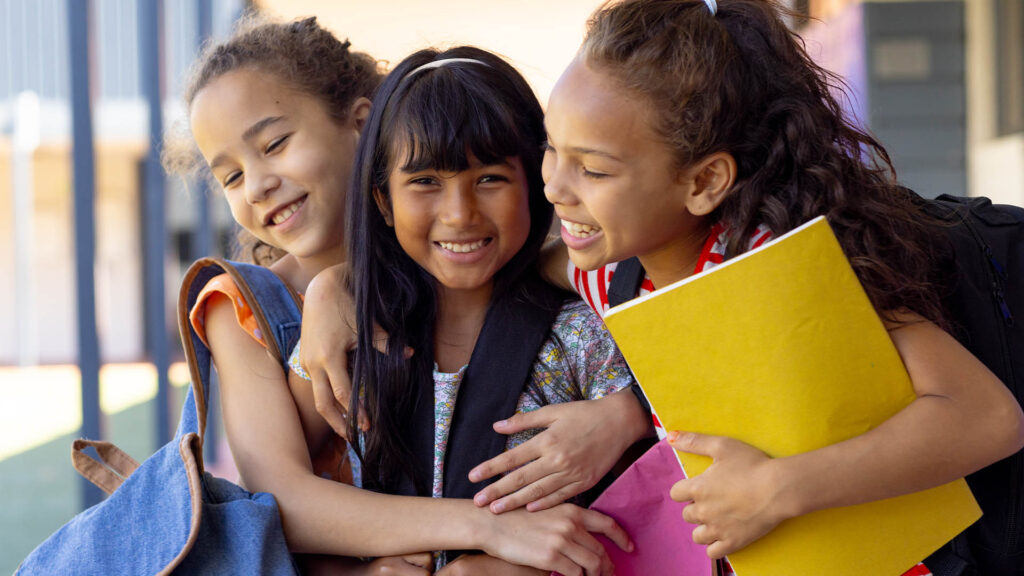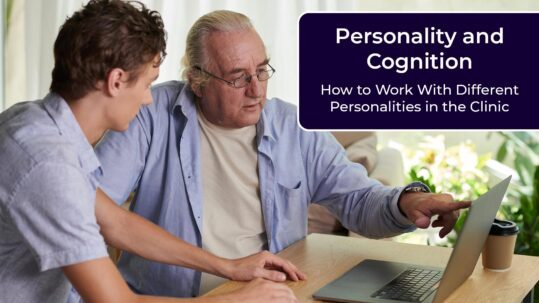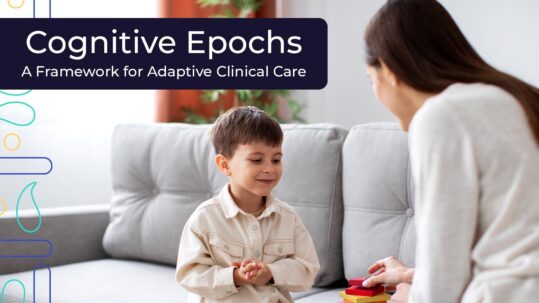Back to School: Executive Function and Shifting Routines
As summer comes to a close and a new school year approaches, teachers and families must adjust to new routines. As I’m sure we don’t have to tell you, it can be challenging to go from sleeping in and making spontaneous plans, to the strict schedule and routine of the school year. Our executive function skills enable us to make these changes, such as forming new morning routines and reestablishing habits like making lunch and doing homework. How can we utilize our executive function skills to ease us into this transition and make this a great school year for everyone, including parents, teachers, counselors, and students?

What is Executive Functioning?
Executive functions are a collection of higher-level cognitive skills that help us participate in our daily lives. They include:
- Planning and organization
- Problem-solving
- Working memory
- Cognitive flexibility
- Social skills
- Inhibitory control
In the context of school, these skills are essential—not just for academic success, but also for maintaining healthy routines and relationships with peers and teachers.
Routines and Changing Schedules
Let’s consider what a day-in-the-life of a typical student might look like:
The student must wake up early, which involves setting an alarm and going to bed at a reasonable time the night before. They need to get ready efficiently and then make it to school on time. They’ll likely use their social skills to participate during class and talk to friends throughout the day. They must use their planning and problem-solving skills during and after school to complete classwork, extracurricular activities, and homework. After that, they need to utilize inhibitory control to go to bed at a reasonable time rather than staying up.
Parents, teachers, and school counselors must also utilize their executive functioning skills to help students throughout the day, in addition to juggling their own busy lives.
For many, this is a stark contrast to activities and habits during the summer break. We may not be accustomed to using our executive functioning skills as frequently when we’re on summer vacation. While the break is much needed, it can be tricky to reestablish habits and routines. So how can we work on executive functioning and make this transition a little easier?
Transitioning into the School Year
One way to ease this transition is to work on executive functions regularly, before they’re really needed. As an example, in order to get back into the groove of waking up early, students can try waking up slightly earlier than normal, then gradually getting back to the time they need to wake up during the school year.
For example, if they’ve been waking up at 10 AM during the summer and need to wake up at 7 AM during the school year, they can gradually start setting an alarm at 9:30 AM for a few days, then change it to 9 AM, and so on. If you gradually set earlier alarms, then waking up at 7AM won’t be such a shock to the system and the body can adjust naturally.

In addition, Summer reading is a great way to practice the executive function skills needed for keeping up with assignments. For students who haven’t been doing much reading during the summer, try setting a specific time each day during August to read. You can even set an alarm on your phone or computer to remember! This can help you to get back on track with utilizing executive function skills, without being too strict so you can continue enjoying every last bit of the summer.
How Parents and Teachers Can Help Students
Like we mentioned earlier, the transition back into the school year can be hard. For students who are reluctant or having trouble getting back into school year routines, it can be helpful to think about the bigger picture. Remind students of what excites them – whether they have a dream career they want to pursue, or simply look forward to seeing their friends again, hopefully each student can find something positive to look forward to in the school year.
For teachers, easing students into their school work can be helpful. It will likely take you some time to get back into the groove of the school year, just like it will for students. Try to start with simpler assignments before fully jumping in.
If students are really having trouble with the transition, school counselors can be a great asset. Counselors can discuss any underlying issues or emotions that the student is having that may be distracting from school, help them talk it out, and hopefully find a system that works for them.
More Tips for Transitioning back into School Routines:
Use Social Stories
Social stories are individualized, short stories that describe a social situation or concept in a specific, easy to understand, and positive way. For example, a social story can focus on making new friends in school or how to organize school materials. Many social stories can be found online, and there are also tools for parents to make their own!
Use a Visual Schedule
Visual schedules provide a breakdown of a routine using pictures, symbols or words. For example, your child can have a 5 picture breakdown of brushing their teeth located on the mirror in the bathroom, or they can have an 8 picture visual schedule consisting of all their activities for the day– such as car drive, school, pick up, homework, play time, dinner, get ready for bed, etc. Visual schedules help children know what will come next to ease into a routine and the transitions from one activity to another. Visual schedules can be found online. Parents can also make their own by finding individual pictures online or taking pictures of their child completing each task then printing them out to put the sequence all together!
Incorporate Sensory Breaks
Going from the lazy days of summer to a strict daily schedule can put a lot of pressure on a child’s attention and self-regulation skills. Incorporating sensory breaks before and after school can decrease burn-out from having to be “on” all day. Building short breaks can help with regulating their body’s needs. A few examples include: jumping jacks, animal walks, fidgets, exploring slime/sand, deep breathing, listening to music, or drawing.
Conclusion
While the transition from summer into the school year can be jarring, it’s good for our brains to work hard, set goals, and utilize executive functions like planning and problem-solving. These skills are vital for living a full life, and practicing them will help students in the long run! With a little preparation and support, the start of the school year can be a fresh, exciting chapter for everyone involved.









